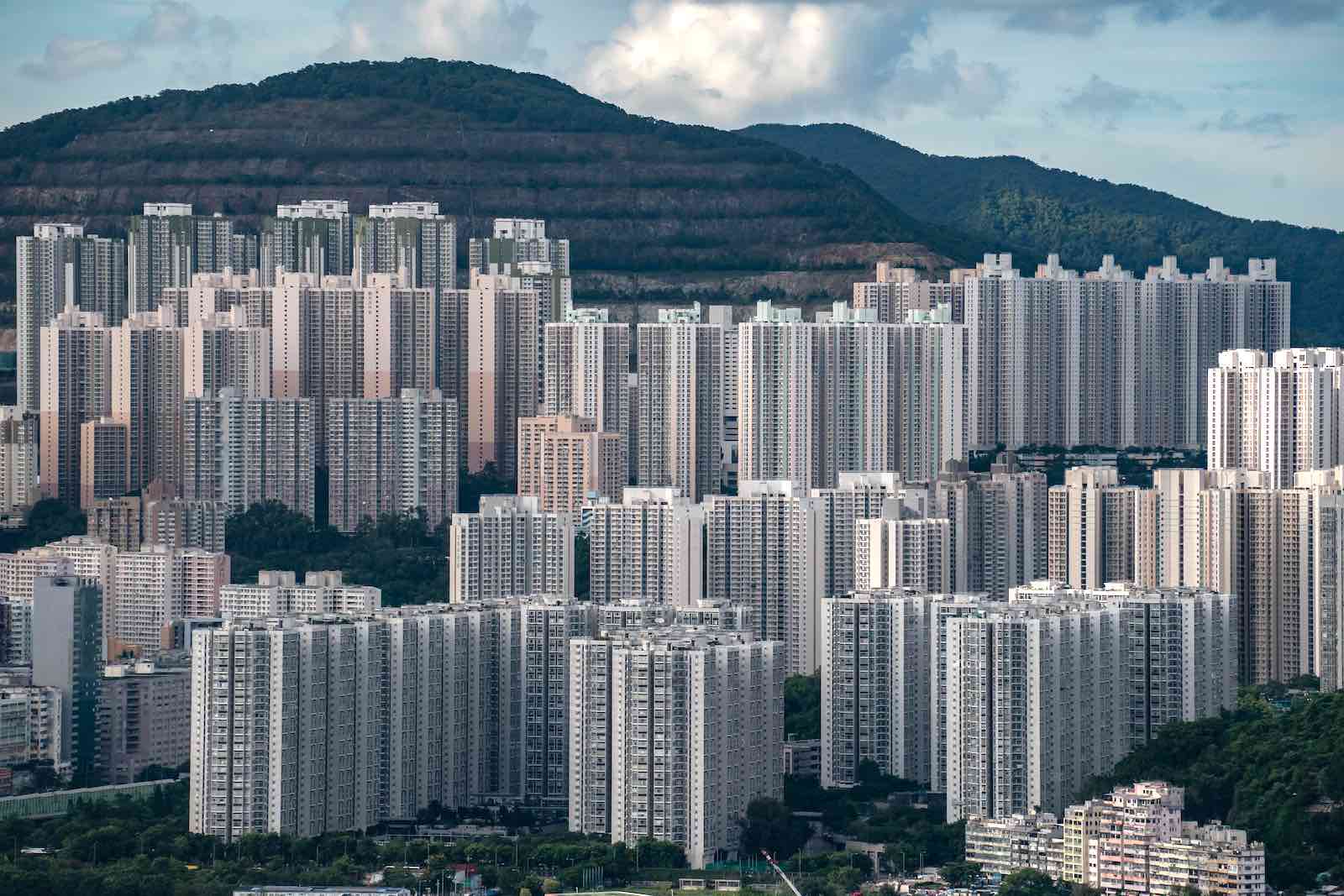On 17 June 2021, the Hong Kong Special Administrative Region police arrested five executives of Next Media company, which published the newspaper Apple Daily. The five people arrested, Chief Editor Ryan Law, Chief Executive Cheung Kim Hung, Chief Operating Officer Chow Tat Kuen, Deputy Chief Executive Chan Pui Man and Chief Executive Cheung Chi Wai, have been accused with the crime of conspiracy to collude with foreign countries. Subsequently, Apple Daily, which was the last Hong Kong newspaper with an openly critical stance towards the city government and the Chinese regime, announced the closure of its business at the end of June due to a series of repressive acts. These included the blocking of all financial funds available to the newspaper. The latest edition published was dedicated to the many people who have supported the newspaper and freedom of the press in the recent days. The cover showed one of the demonstrations with the title “The painful farewell of Hong Kongers in the rain: ‘We support the Apple Daily'”. Meanwhile, the Liaison Office of the Central Government of China in Hong Kong underlined that Hong Kong’s Basic Law guarantees the freedom of speech, information and press of the island’s residents, but specified that any rights and freedoms are not boundless.
The European Union said the closure of Apple Daily clearly showed that the Hong Kong National Security Law is being used to crackdown on freedom of the press and free expression of opinion. For Brussels, it threatens the freedom and pluralism of the media, defined as essential for any open and free society. The European Union reminded that these freedoms are enshrined in the Basic Law and that China made international commitments under the Hong Kong Basic Law and the Sino-British Joint Declaration of 1984 to respect Hong Kong’s high degree of autonomy and rights and freedoms, including freedom of the press. All rights enshrined in the Basic Law under the ‘One Country, Two Systems’ principle should be fully protected and restored. Furthermore, during the 47th Human Right Council, the High Commissioner for human rights Michelle Bachelet expressed concerns about the situation while presenting her annual report. She stressed the deterioration of the human rights situation, especially given the recent massive wave of arrests. On this, China replied that the adoption of the National Security Law did not have a substantial impact on the civic and democratic space and independent media. The National Security Law, which was passed on June 2020 by the Beijing National People’s Assembly and came into effect on the following July, prohibits foreign interference and acts of terrorism on the island, considering them as criminal acts for which sentences of up to life imprisonment are expected.
So, what should we expect from the future? The legislative elections in December 2021 will be crucial. However, in March, China already modified Hong Kong’s electoral system. Indeed, according to the new rules, Beijing has the veto power over the selection of candidates to ensure that only candidates deemed suitable (the so-called “patriots”) would rule the city. Already 170 pro-democracy district councilors face disqualification under the new law, requiring them to swear an oath of allegiance to the government, in what would be another significant setback for the embattled opposition.

